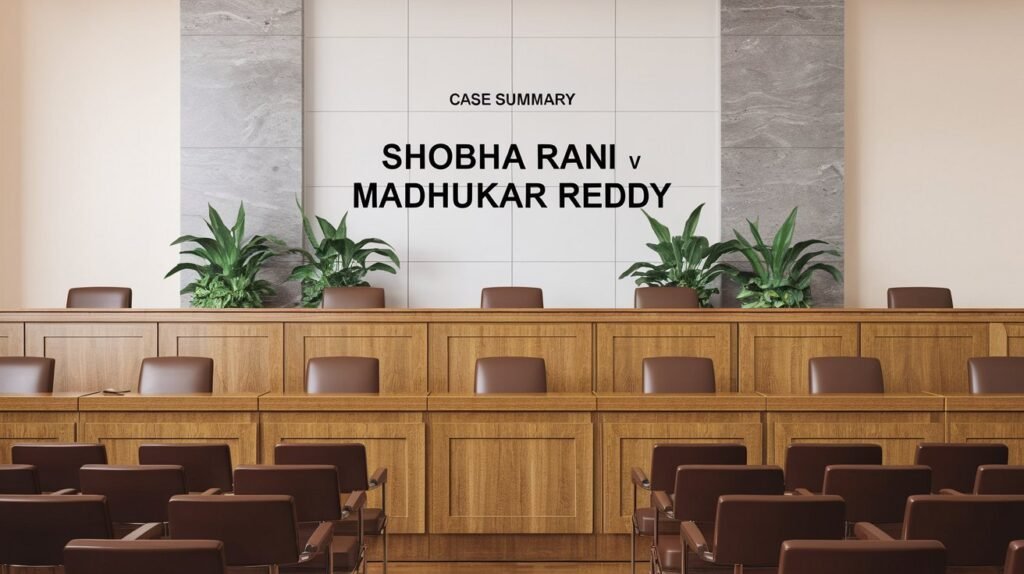This case, decided by the Supreme Court of India, centered around a dispute over the ownership and nature of a...
Read MoreJoseph Shine v. Union of India 2018 2 SCC 189 (Case Summary)

In this landmark judgment, the Supreme Court of India struck down Section 497 of the Indian Penal Code (IPC), which criminalized adultery. The Court held that the law was unconstitutional as it violated the fundamental rights to equality, non-discrimination, and individual dignity. The ruling was a significant step towards gender equality and recognized the autonomy and dignity of individuals in marital relationships.
Table of Contents
ToggleFacts of Joseph Shine v. Union of India
- The petitioner, Joseph Shine, challenged the constitutionality of Section 497 of the IPC, which made adultery a criminal offence punishable by up to five years in prison.
- Section 497 IPC penalized a man for having consensual sexual relations with a married woman without her husband’s consent, exempting the woman from liability.
- The petitioner argued that the law violated Articles 14, 15, and 21 of the Constitution, which guarantee the rights to equality, non-discrimination, and personal liberty.
Issues framed
- Whether Section 497 of the IPC, which criminalized adultery, violated the fundamental rights guaranteed under Articles 14, 15, and 21 of the Indian Constitution?
- Whether the law treated women as subordinate to men and violated the principles of gender equality?
Judgment of Joseph Shine v. Union of India
The Court interpreted Articles 14, 15, and 21 of the Constitution, alongside principles of gender justice and individual dignity.
The Supreme Court held that Section 497 IPC violated the fundamental rights of individuals, particularly the rights of women, by treating them as property of their husbands and denying them autonomy. The law was found to be manifestly arbitrary and unconstitutional as it was based on gender stereotypes and patriarchal notions. The Court noted that Section 497 treated women as the property of their husbands, as the offence was contingent upon whether the act was committed without the husband’s consent or connivance.
The Supreme Court unanimously struck down Section 497 IPC, declaring it unconstitutional. The court stated, “Any provision of law affecting individual dignity and equality of women invites the wrath of the Constitution. The Court emphasized that criminalizing adultery violated the right to privacy and the right to live with dignity.





